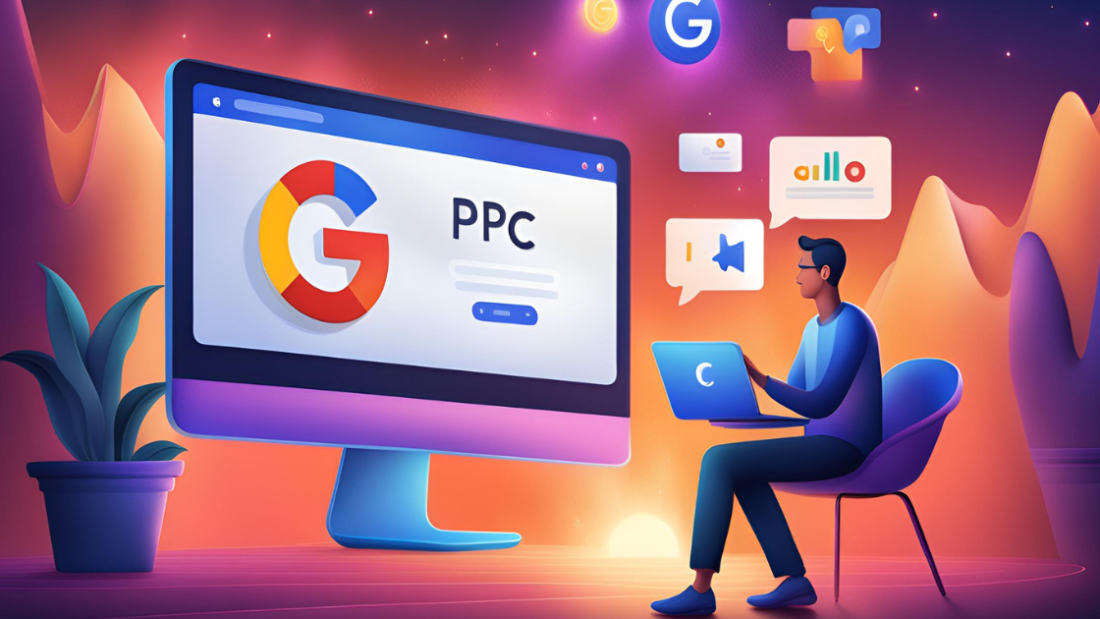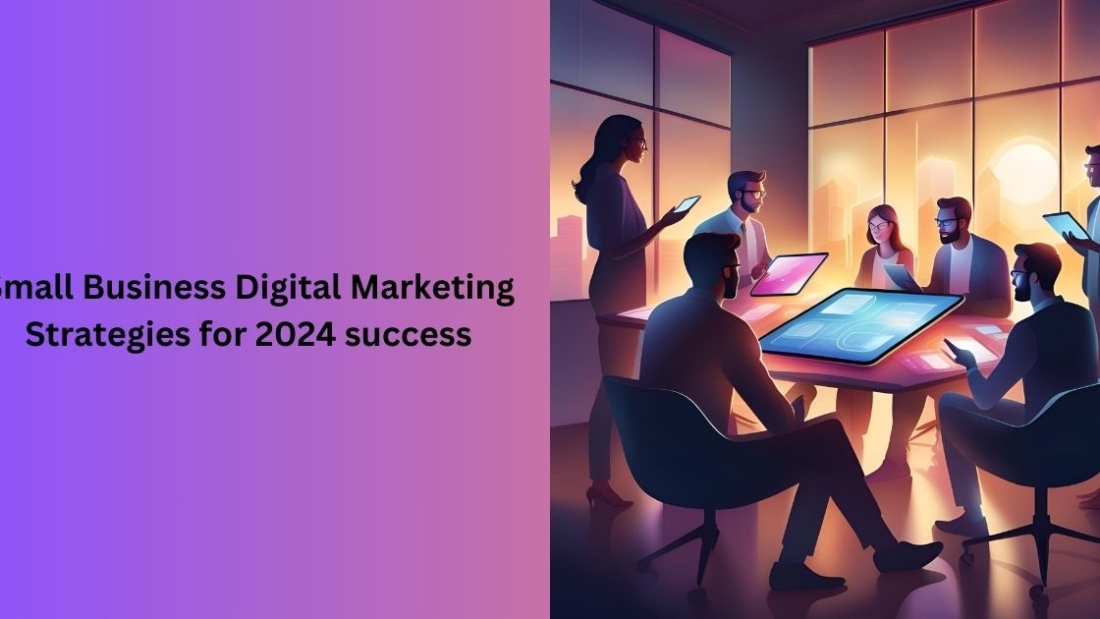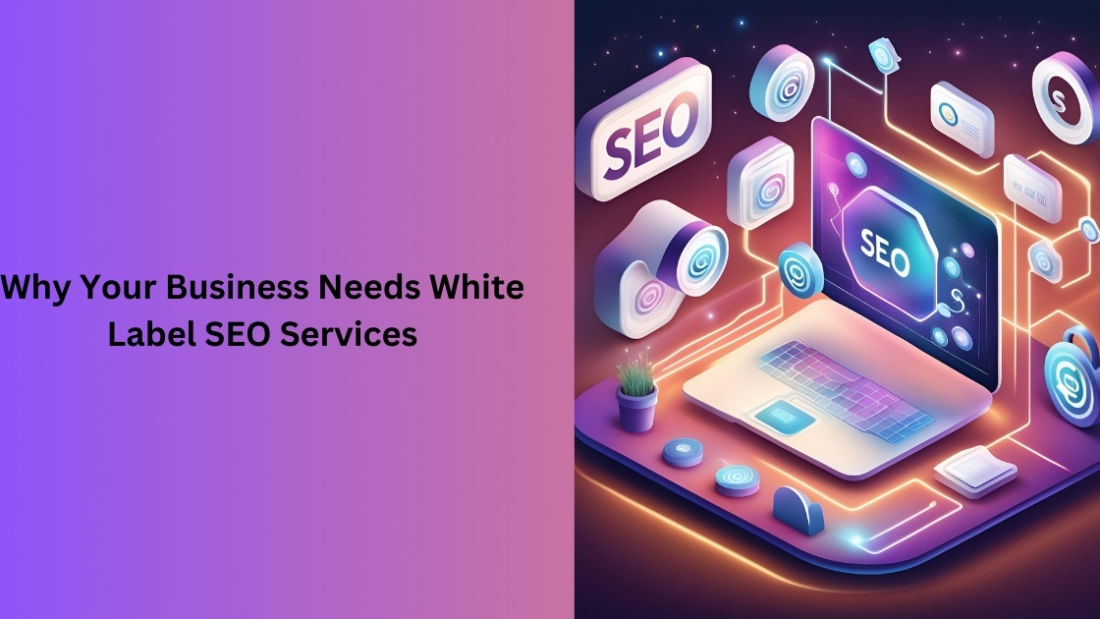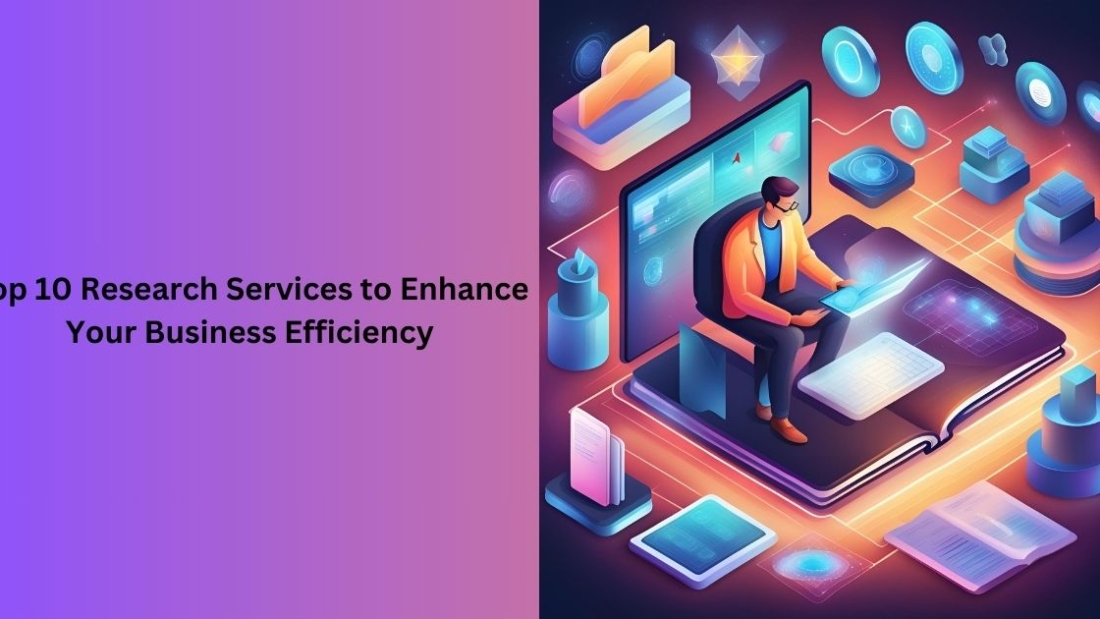
In the hustle and bustle of online marketing, getting quality visits to your website might be tough. Want to increase visibility quickly and effectively? Google PPC Campaigns can help. This manual unravels how to use these campaigns to boost your website visits, gather likely customers, and escalate ROI.
In the vast digital marketing realm, attracting quality website footfall is no easy feat. With the sea of websites vying for users’ attention, how do you make your business pop out? A proven strategy for instant prominence and generating suitable traffic to your site is Google PPC Campaigns. This post walks you through Google PPC Campaigns ads, elucidates their functioning, points up their perks, and guides you in kicking off potent campaigns to uplift your website traffic.
Table of Contents
IWhat is Google PPC Advertising?
Google’s Pay-Per-Click (PPC) ads leapfrog you to the top of search engine pages. The advertisers pay whenever their ad gets clicked. It’s not like the long game of organic strategies. Instead, Google PPC zips you to the top or bottom of search results. Users see these ads first when searching for fitting keywords. So, it’s like a shortcut. Google’s PPC is basically a paid-for path to your site bypassing organic traffic. Its ads stand out right at the top of search results. Thus, users actively seeking related services or products easily notice them.
Why Use Google PPC Campaigns?
- Quick View: Your ads pop up at the top of the search results ASAP, helping people see your business.
- Selective Focus: Refine your campaigns to gear towards certain phrases, groups, places, and even specific hours.
- Tangible Outcomes: Google Ads supplies in-depth reports on key performance indicators like impressions, clicks, and conversions, enabling data-informed decisions.
- Budget Management: PPC ads allow you to choose a budget that fits you and modify it along the way.
- Expandability: Begin modestly and raise your budget when you spot good results.
- Rapid View: PPC ads, unlike slower SEO, can immediately shoot your webpage to the top of search results.
- Strongly Focused Traffic: Google PPC campaigns offer pinpoint targeting by phrases, location, group, and even gadget type.
- Budget Governance: Establish daily or monthly caps, ensuring you won’t exceed your budget.
- Performance Monitoring: Get thorough reports about click-through rates, impressions, and conversions to tweak your campaigns better.
How Do Google PPC Campaigns Work?
Google PPC Campaigns involves Google Ads, a place to bid on keywords that match your business. When people use these keywords, your ad might pop up first in the search results if your bid and ad quality meet the mark. There’s a key measure in Google PPC, the Quality Score. It shows how relevant your ad and landing page are.
Starting a Google PPC campaign, you bid on specific keywords so your ad shows in search outcomes. Google uses a type of auction to figure out what ads fit best for a certain search. Your ad’s position is based on your top bid and Quality Score. When your ad rank is high, your ad has a better chance of showing up in the top slots.
Key Terms to Know:
Before getting started, it’s important to grasp a few vital terms related to Google PPC ads:
- Cost-Per-Click (CPC): It is simply what you pay every time your ad gets clicked on.
- Click-Through Rate (CTR): It is the fraction of people who click your ad once they’ve seen it.
- Impressions: That’s how many times your ad pops up.
- Conversion Rate: It is the ratio of clicks that lead to a certain action, like filling out a form or buying something.
- Quality Score: It is a neat score Google gives to your ads. It’s based on relevance, your predicted click-through rate, and the experience of your landing page.
What makes up the Quality Score?
Quality Score matters a lot. It’s key in figuring out where your ads go and what each click costs you. So, Let’s break it down:
- Expected CTR, or how likely someone will click on your ad.
- Ad Relevance, or whether your ad aligns with what the user is searching.
- Landing Page Experience, or if your page gives users what they need after they click your ad.
By making these aspects better, highly positioned ads can cost you less for each click.

Setting Up a Successful Google PPC Campaigns
Follow these steps to create a high-performing Google PPC Campaigns that drives quality traffic to your website:
1. Define Your Campaign Goals
Starting with Google Ads, it’s important to know what you aim for. Ask yourself:
- Do you desire more visitors to your website?
- Are you after generating leads or sales?
- Is it all about making your brand known?
Your goals will shape how you choose keywords, write your ads, and set your bids.
2. Conduct Thorough Keyword Research
Google PPC Campaigns rely on solid keyword research. Utilize resources like the Google Keyword Planner or SEMrush to discover top-notch keywords in your field. Think about:
- Short-Tail Keywords: General, high-frequency keywords, like “running shoes”.
- Long-Tail Keywords: More specific, less competitive terms, like “best running shoes for flat feet”.
Place importance on long-tail keywords for improved targeting and money-saving benefits.
3. Craft Compelling Ad Copy
Keep your ad text short, exciting, and relevant to what the viewer wants. Add these:
- Main headline: Put in the most important keyword.
- Secondary headline: Choose a good prompt for action.
- Details: Show off unique benefits or deals.
For instance: “Find your Perfect Running Shoes! No Delivery Cost for Any Purchase. Buy Today!”
4. Optimize Landing Pages
When someone taps on your ad, send them to a fitting webpage that echoes the ad’s theme. Make your webpages work better by:
- Pairing your ad’s words and substance.
- Featuring noticeable call-to-action (CTA) buttons.
- Guaranteeing quick page load time.
- Applying a design that suits mobile use.
5. Set a Realistic Budget
How many clicks you get depends on your budget. Begin with a fair budget, then grow as you weigh the results. Google PPC Campaigns Ads provides tools to gauge daily spend according to your selected keywords. Go with a budget that suits your aims. Estimate daily expenses with Google’s Keyword Planner according to your selected keywords. Keep an eye on the outcomes and tweak your budget accordingly.
6. Use Ad Extensions
Ad extensions boost your ad, offering more details and creating interest. They often comprise:
- Sitelink Extensions that connect to distinctive pages on your site.
- Callout Extensions spotlighting unique deals or features.
- Location Extensions that display your business location to draw nearby consumers.
7. Monitor and Optimize Performance
Always keep a check on your Google PPC Campaigns results by looking at indicators such as CTR, conversion rate, and Quality Score. Apply this information to:
- Refine your keyword list,
- Tweak bids for keywords not doing well
- A/B test alternate ad copies.
A handy tip: Try out various bidding approaches like Target CPA (Cost Per Acquisition) or Maximize Conversions to discover the one that aligns best with your objectives.
Advanced Strategies to Boost PPC Performance
Once the fundamentals are in place, boost your Google PPC Campaigns strategies with these advanced methods:
1. Harness Remarketing:
This lets you aim at users who have already visited your site but didn’t make a purchase. Display ads can help draw these users back.
2. Apply Dynamic Search Ads:
These ads automatically pair with related searches based on your website’s content. It’s handy for larger sites featuring many products.
3. Adopt Audience Targeting:
Sharpen your audience focus by considering user behavior, demographics, and interests. Google’s In-Market Audiences can connect you with users actively looking at products like yours.
4. Perform Regular A/B Tests:
Constantly A/B test campaign aspects like headlines, descriptions, call-to-action buttons, and landing page designs.
This routine testing could uncover the most productive combinations.
The Benefits of Using Google PPC Campaigns for Website Traffic
Running a solid Google PPC campaign offers many perks:
- More Website Visitors: PPC ads pull in focused traffic, cuts down on drop-outs and lengthens site visit duration.
- Boosted Brand Recognition: Occupying the top spot on the SERPs enhances your brand’s visibility.
- More Say Over Advertising Expenses: You only pay when someone clicks your ad.
- Quality Prospects: PPC visitors typically yield better results because they’re searching specifically for your services.
Real-World Case Study: How a Small Business Increased Traffic by 150%
Imagine a tiny online shop dealing in bespoke jewelry. They kicked off an ad campaign on Google, zoning in on words like “exclusive handmade necklaces.” Two months down the line, their web traffic soared by 150%. Guess what? Their sales spiked by 40%! The secret? Pinpointing highly specific, extended keywords and perfecting landing pages.
Problems and Tips to Beat Them
1. Big CPC for Hard-To-Win Keywords
Tip: Concentrate on detailed keywords and specific phrases to lessen CPC while keeping it pertinent.
2. Poor Quality Score
Tip: Better the ad’s relevance and users’ landing page experience. Use the Quality Score Report by Google to spot trouble spots.
3. Tiredness from Ads
Tip: Make sure to change your ad content frequently and try different styles to keep the users involved.
Suggested Reads for Online Marketing
- “Ultimate Guide to Google Ads” by Perry Marshall: This book is a complete manual on Google Ads with topics ranging from keyword lookup to high-level bidding strategies.
- “Building a StoryBrand” by Donald Miller: It instructs you to make your brand message clear and create catchy ad text.
- “Scientific Advertising” by Claude Hopkins: Even though its writing dates back years, this book’s rules are still relevant to current pay-per-click campaigns.
Relevant Quotes
- “Stopping advertising to save money is like stopping your watch to save time.” — Henry Ford
- “Half the money I spend on advertising is wasted; the trouble is, I don’t know which half.” — John Wanamaker
- “Marketing is no longer about the stuff that you make but about the stories you tell.” — Seth Godin
Also Read- Social Media Marketing Services to Empower Your Growth

Conclusion
Google PPC Campaigns pack quite a punch! Want to speed up your website traffic? Hoping to engage with the right folks? Looking to nail your marketing aims? The strategies we talked about earlier can help. They craft handy campaigns to give you the most bang for your buck. Begin with clear goals, dig up those important keywords, and always keep tweaking your ads for top-notch results.
FAQs
1. Planning to spend on Google PPC?
The price is controlled by factors like your business sector, aims, and rivalry. Commence humble and increase with confirmed benefits.
2. Curious about an ideal CTR for Google PPCs?
About 2-3% is seen as fair. Bear in mind, though, your field and phrases affect this.
3. Yearning to boost my Quality Score?
Enhance ad pertinence, refine the landing page’s feel, and choose purposeful keywords.
4. Heard of negative key terms in Google Ads?
These stop your promotional material from appearing in unrelated searches. Use for barring less beneficial traffic.
5. Tight on budget but eager to initiate Google PPC Campaigns?
No worries, Google Ads permits daily budget constraints. Start at minimal, experiment, and tweak for maximal return.

































